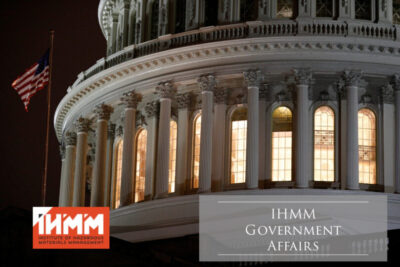As the September 30 deadline to fund the federal government approaches, the House and Senate find themselves on a collision course, risking another government shutdown. A group of House conservatives is determined to hold the line on spending and pressure House Speaker Kevin McCarthy to do the same. They believe that a government shutdown is not a cause for concern and that most Americans wouldn’t notice it.
However, with Democrats controlling the Senate and the White House, the likelihood of the House Republicans’ spending bills being accepted seems slim. Many Republicans are optimistic that a shutdown can be avoided, as it would only weaken their leverage.
The spending dispute has also become entangled with culture war issues, as some Republicans are pushing for additional policy riders to eliminate or defund certain social programs. These divisions have sparked contentious moments in committee, and Democrats are pushing back against the inclusion of such riders.
In contrast to the House, the Senate has been working in a bipartisan manner to move through their versions of the spending bills. Senate Appropriations Chairwoman Patty Murray and ranking member Susan Collins have managed to maintain near-unanimous support for their bills, avoiding social policy riders.
As House GOP leaders aim to negotiate the 12 spending bills individually with Senate appropriators for final approval, there is uncertainty about what Speaker McCarthy will agree to, especially after he backed away from a previous spending deal with President Biden.
Some commentators say the fate of McCarthy’s speakership is also at stake, as conservatives have not ruled out using House Rules to oust him if they don’t get their way in the spending negotiations. The lack of a clear path to a deal has added to the uncertainty surrounding this year’s appropriations process.


